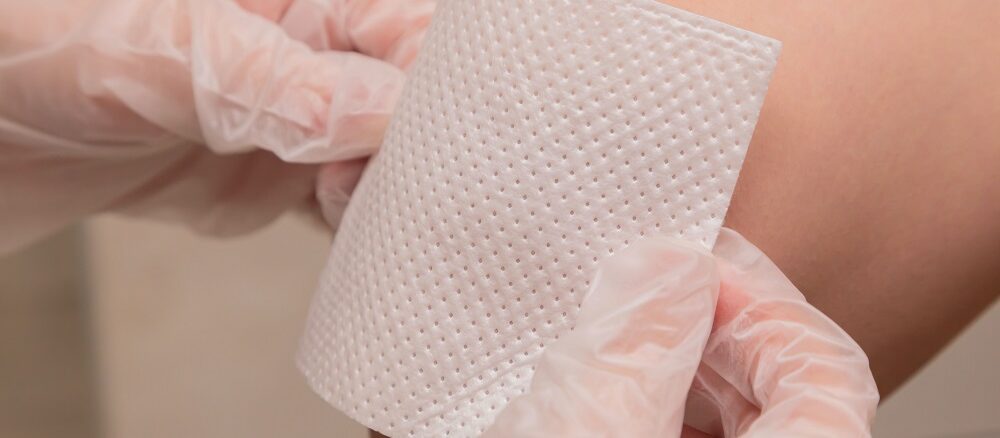Not all wounds end up healing in the same way. Depending on the cause of the wound, the health status of the person who’s suffered the wound, the multiple other external factors, a person’s body may not be able to do the work necessary for a full recovery.
In situations such as this, many people end up requiring a fully dedicated wound care specialist to treat them well after they have suffered a certain injury or wound.
Dedicated wound care can often be required for patients who are dealing with advanced diabetes, are suffering from severe anemia, have long-term tissue damage that prevents it from healing itself, or have surgical incisions made which are non-healing.
Not receiving the right type of wound care can lead to much more severe problems later on. In extreme cases, individuals may have to get amputations to prevent further problems with the wounds.
To shed more light on this topic, we will be going over the types of situations that require dedicated wound care, and how they may be treated.
How to Identify a Wound That Requires Dedicated Care
A telltale sign of a wound that is non-healing or requires dedicated care is if it hasn’t begun to heal after 2 weeks of sustaining the injury, or hasn’t completely healed after 6 weeks of the initial injury.
Specialized care will be required in these situations to assess what is preventing the wound from being able to heal properly.
Some of the signs that you should watch out for include the open wound catching an infection, discoloration, the pain increasing after the injury is sustained, pus coming out of the wound, and swelling.
Examples of Non-Healing Wounds
There are many different types of non-healing wounds that a person may end up encountering. Some may be extremely painful like post-operative surgery wounds.
These can be caused by longer surgeries where a wound has a higher chance of becoming dirty or infected. Others may not be as painful, like people suffering from diabetes developing sores or ulcers on the bottom of their feet. These are mostly painless.
Other non-healing wounds can include bone infections, skin lacerations and tears, open wound ulcers, burns caused by radiation therapy, and gangrene.
Treatment for Non-Healing Wounds
Depending on the type of injury you have, there are different ways a dedicated care provider might provide treatment for your wounds. A standard practice is regularly changing the cloth or gauze dressing.
For wounds that need to be drained regularly to prevent buildup, an alginate dressing may be used to treat it. Other types of treatments may include Hydrogel dressings, Hydrocolloid dressings, and Collagen treatments.
If you require a proper attendant care provider in Stafford, TX for dedicated wound care, you can reach out to our team at Embassy Healthcare System Inc. Our expertly trained nurses provide in-home caregiver services for non-healing wounds. Contact us to learn more about our home health care services.

